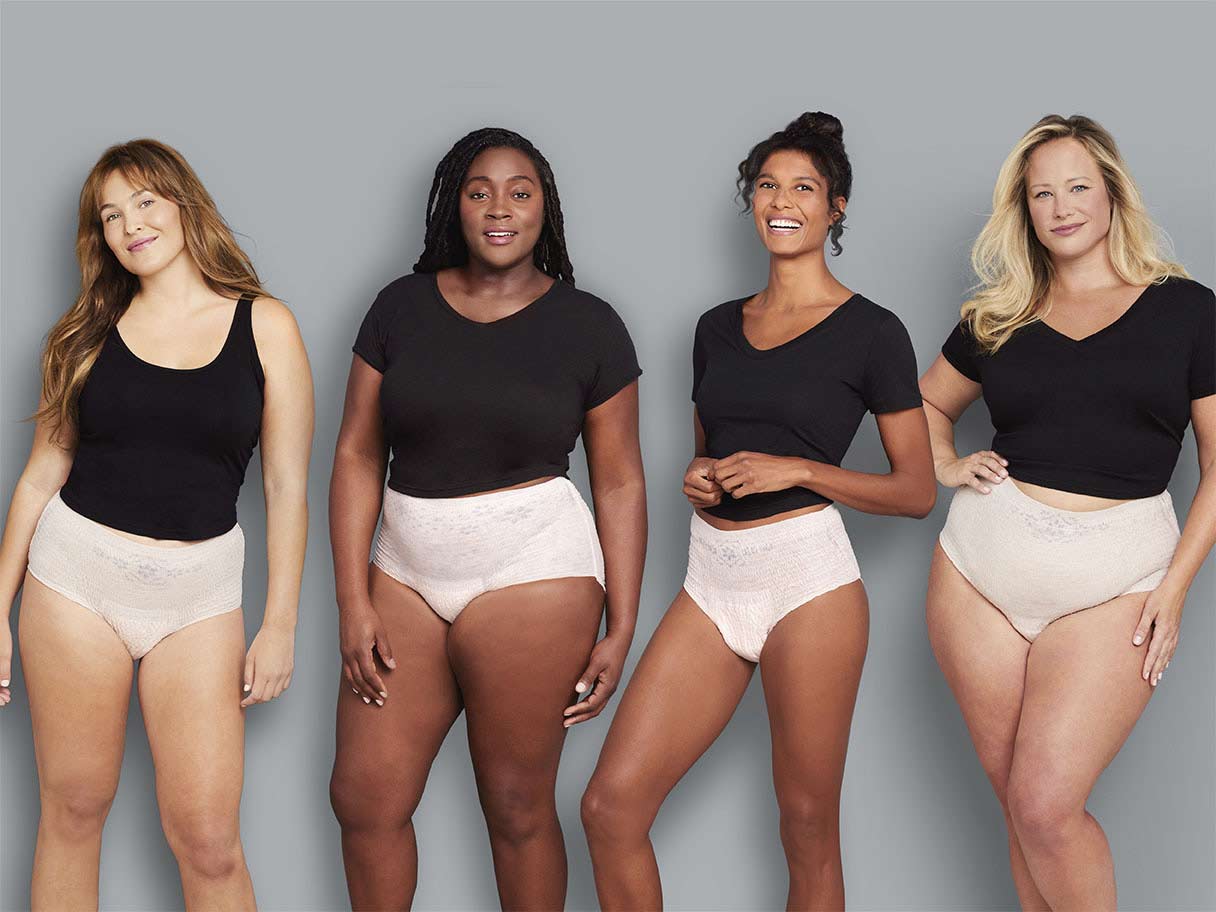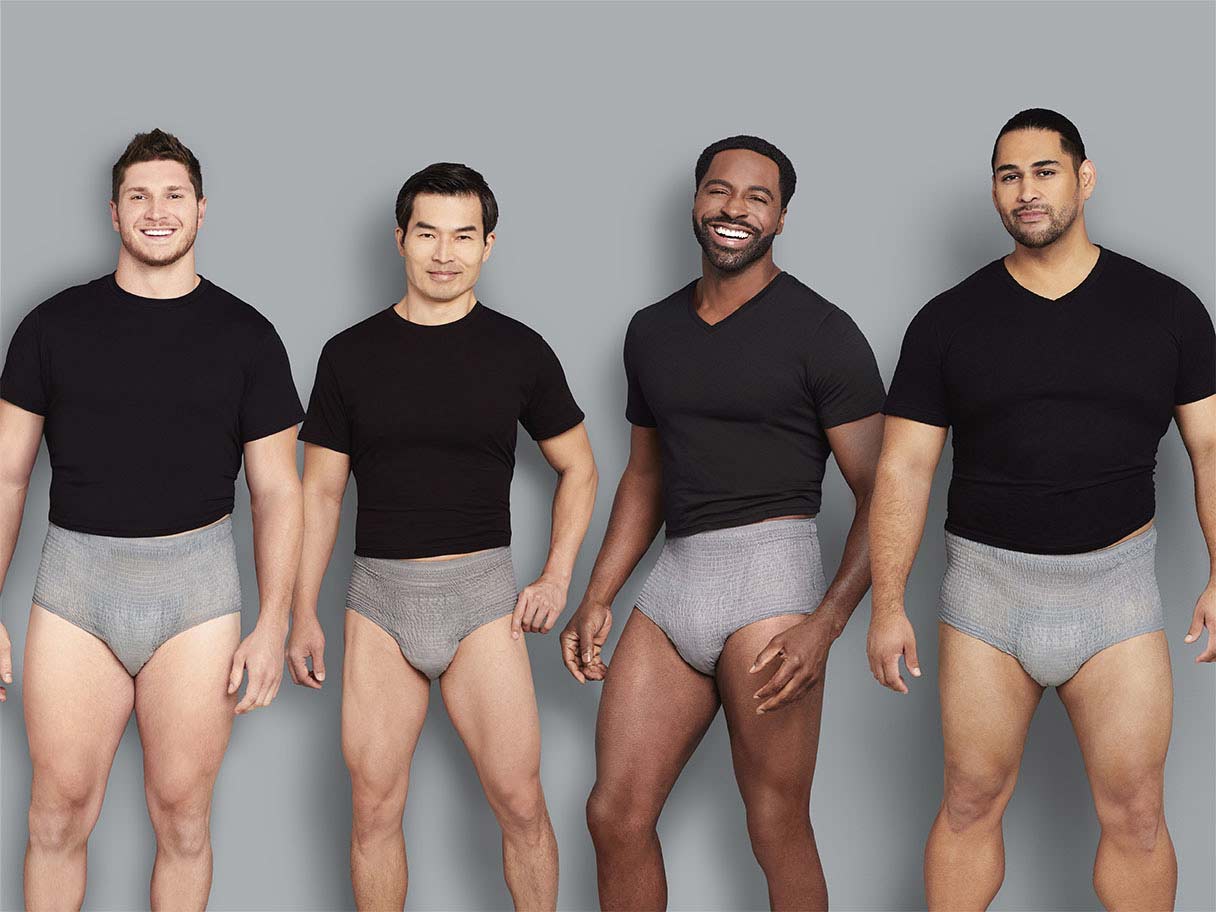Living With Incontinence
Husband bedwetting support
13 Oct, 2016
Husband bedwetting support
My husband started wetting the bed in his late 30's and it has been tough on him, emotionally and obviously physically. At first he lost many nights of sleep until he started wearing protection. He was extremely unhappy about having to wear diapers to sleep at a young age but the 'real fit' mens briefs helped ease the stigma. Obviously he had all the necessary medical tests done and he has no issues. We were explained that it is simply a bladder/neurological problem where his brain does not alert him to wake up and use the bathroom so he releases the urine in his sleep. He now has to sleep in a diaper every night and usually wakes up in the middle of the night to change because it is wet.I am not sure if there is some way to get him out of the diapers to have dry nights again. It seems that once the bedwetting started a few months ago, it persisted. We visited the doctor again and there is nothing he can recommend besides adequate protection at night. His doctor also told us that it is a more common problem than people believe to be since no one talks about it openly. Still it's tough for my husband to deal with but he has been better since we started talking about it and he started wearing protection at night so we don't have to change sheets or anything like that. He has accidents almost every night and certainly cannot go to sleep without a diaper on or we will wake up to a wet bed. I am hoping that one day wearing the briefs is not necessary any longer so I was wondering if any male has had a similar experience. How do you cope? Is it ongoing? Anything that your significant other can do to help ease the new experience of having to wear a diaper every night? It is also difficult for him when we go on trips because we have to make sure that we pack enough of his diapers and he is afraid of anyone knowing about it.
Kimberly-Clark Canada makes no warranties or representations regarding the completeness or accuracy of the information. This information should be used only as a guide and should not be relied upon as a substitute for professional medical or other health professional advice.



